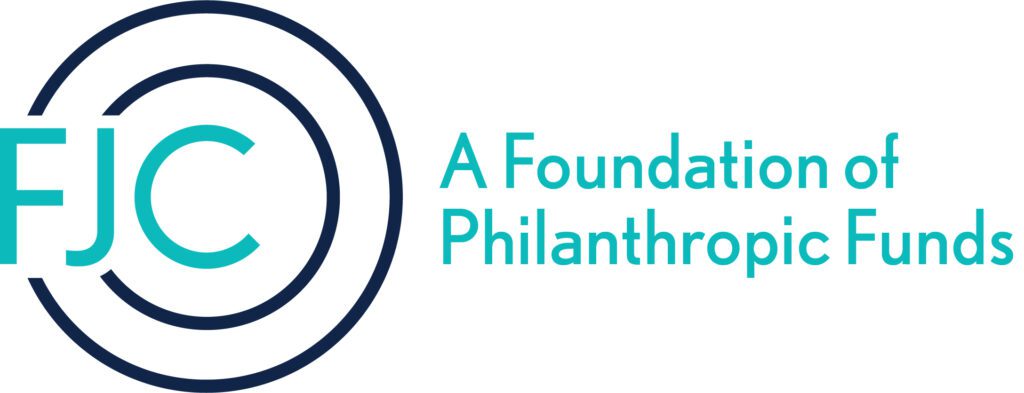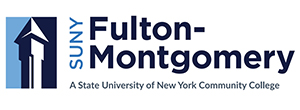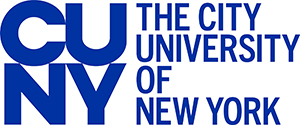
WHO IS MSFCP?
Our Funder

Our Fiscal Sponsor

Our Purpose
Funded by JPMorganChase, MSFCP.org is focused on improving student financial wellness for underrepresented, racially minoritized, low-income students. The program emphasizes changing student’s financial behavior, resulting in improved academic success, persistence, credential completion and lifelong financial health. Research shows that access to financial coaching can result in measurable gains for low- and moderate-income individuals in areas such as money management, financial health, and feelings of financial confidence and well-being. Thus, the Money Smart Financial Coaching Program model integrates peer-to-peer, group, and one-on-one financial coaching with financial education outcomes delivered in a credit or noncredit course. Ideally, students will learn how to understand the concept of cash flow, manage expenses, create a personal budget, apply strategies to save money, understand credit cards and credit card debt, reduce debt, establish and/or increase their credit score, and meet a financial goal. Developing financially capable students leads to healthy financial habits lasting into the future.
MSFCP PRACTICES

A foundational goal of the MSFCP is to help learners build financial wellness through behavior change.
- Hallmark feature is financial coaching
- Individualized coaching instills behavior change leading to life-long financial health
- Active learning strategies coupled with peer-to-peer and group coaching reinforce the concepts taught
- Coaching methodologies help learners meet their individual goals

The MSFCP has demonstrated that financial coaching supports persistence and retention for all types of learners.
- Data-driven methods to measure student outcomes across key metrics
- MSFCP practices improve student success in terms of persistence and retention
- Learners engaged in workforce education programs achieve a higher rate of credential completion

MSFCP helps colleges build capacity to deliver financial health education, now and in the future.
- Course-based model creates a more sustainable model for delivery
- Faculty teach a credit or noncredit course and are compensated by the employing college
- Course is supported through student tuition or fees making the model less reliant on grant funding and more likely to be adopted into the college’s culture
MSFCP QUICK FACTS
MSFCP IMPACT

EVALUATION REPORTS
Given the ambitious scope of this program, JPMorganChase committed to a rigorous evaluation of MSFCP to help guide further expansion of the initiative. The Evaluation Team conducted a mixed-methods evaluation of the project with quantitative and qualitative components. The quantitative evaluation consisted of a detailed analysis of program data, both in the aggregate and at the campus level, while the qualitative evaluation included findings from site visits at each of the colleges. These visits included focus groups with students and interviews with coaches and campus administrators. This work follows the principles of participatory evaluation, an approach grounded in the belief that all key stakeholders in a project are active participants in implementing the evaluation.
COLLEGE PARTNERS












